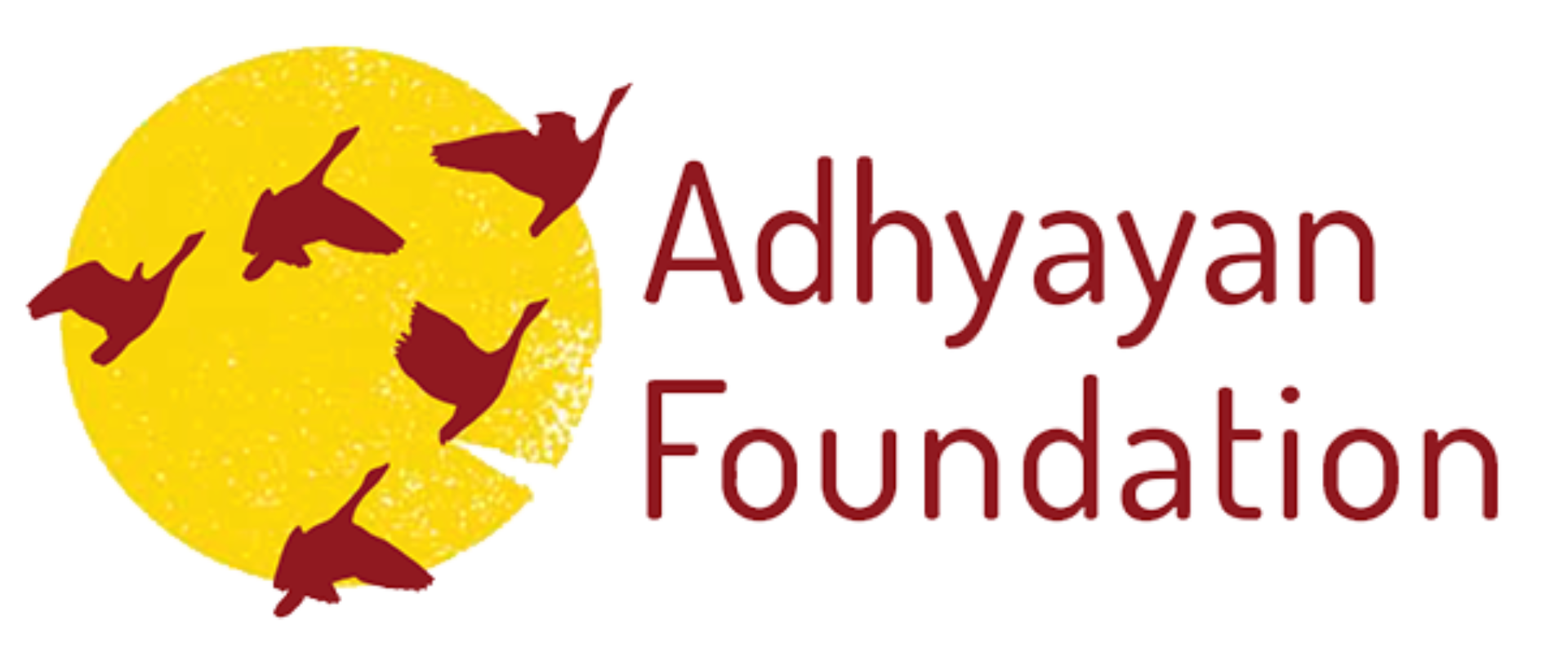The Lighthouse – NECTAR Project
Working with states to strengthen leadership and governance towards school improvement
SSIP: The Systemic School Improvement Programme enables leaders at all levels to:
• develop a common and measurable understanding of holistic school quality across stakeholder
• measure the performance of schools against validated quality benchmarks
• use the data to begin to work in peer communities of leaders (at all levels) to support schools in a targeted manner to develop capacity to lead change
• Validate improvement
• Document learnings and best practices in a way that they can be fed back into the system
• Activate networks of local stakeholders (volunteers, public libraries, local industry etc.) to create an ecosystem of support around schools
The Lighthouse - NECTAR Project
In Nagaland, AQEF was onboarded as a partner to the World Bank commissioned Lighthouse – NECTAR project to build capacity to improve governance in the state, with the end goal of supporting the state in developing a state education policy. AQEF is part of the P3 consortium that consists of 3 other organisations – Adhyayan Quality Education Services, Samarthya Foundation and YouthNet Foundation. This section represents the collective effort of P3 and not of AQEF alone.
Through the year P3 was able to conduct field visits, pilots and multiple stakeholder consultations. One key realisation was that, given the tough geographical conditions where road access to multiple schools is challenging, decentralisation had to be a key way of operating. Only if every district had a pool of well-resourced teachers and leaders who could serve as mentors to others, would every last school receive support in real time. Hence, the following structures were agreed upon to be piloted in 2023-24.
- Teacher Professional Learning Communities across 10 subjects (chosen in consultation with all departments) were agreed upon wherein each subject would have a President (from the secondary stage) per district and 3 mentors (preparatory, foundational and middle) who would additionally grow the capacities of 8-10 teachers. The teachers would learn how to assess their competencies, create a plan and work with each other to deploy strategies to improve their understanding of the content being taught as well as the pedagogy being used. 10 subject matter experts have been assigned to the PLCs to support them. These are seasoned teachers who have demonstrated impact on student learning.
- The School Leadership and Development Programme is a Ministry of Education endorsed Programme developed by the National Institute for Education Planning and Administration. The idea was that when a teacher gets promoted to the position of a school head, they should undergo a certification that prepares them to assume this new role. Given the limited staff at SIEMAT (the body mandated to run this certification), P3 worked on a scale up strategy with SIEMAT and a strategy to contextualise the case studies in the programme so that all leaders can be certified in the next 2-3 years.
- Setting up peer groups so that schools can work together also became an important structure that emerged. While the idea of the complex exists in the NEP, the reality in Nagaland is that schools are extremely far apart within a complex and the budget to enable travel between schools does not exist.
Seeing the desire that schools had to collaborate, we worked on a proposal with the states to ensure that schools that are within walking distance are clustered into peer groups so that they can function as a school complex in a collaborative manner without financial implications for the state. A certification programme was proposed for system-level leaders who are meant to monitor schools along with peer group leaders so that there is a systemic way in which capacity can be built for each district. A State Resource Group of faculty was identified to become the master facilitators for this programme. - While teachers and leaders in each district needed to be equipped, systems and processes also needed to be set up to ensure that the data being generated at the level of the peer group and district finds its way to the state where action can be taken. Hence six education-based professional learning communities (PLC) were set up:
a) School and system leader education-based PLC: The focus of this PLC will be to review the data and needs emerging from the SLDP and peer groups to provide the right kind of capacity building interventions and to document as well as socialise best practices that are emerging.
b) Teacher education PLC: The aim of this PLC is to review the data and needs emerging from the Teacher PLCs so that capacity and resourcing support can be provided.
c) Preparatory, Foundation, Middle and Secondary stage PLCs: These stage-wise PLCs focus on the environment and curriculum across a particular stage of school.
